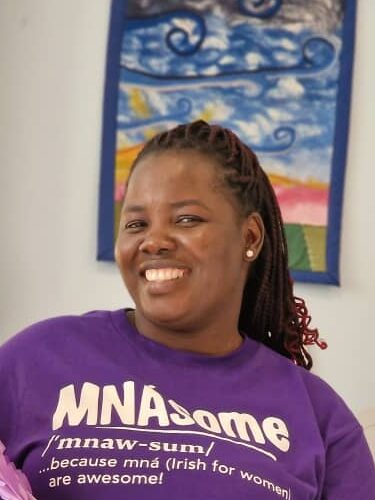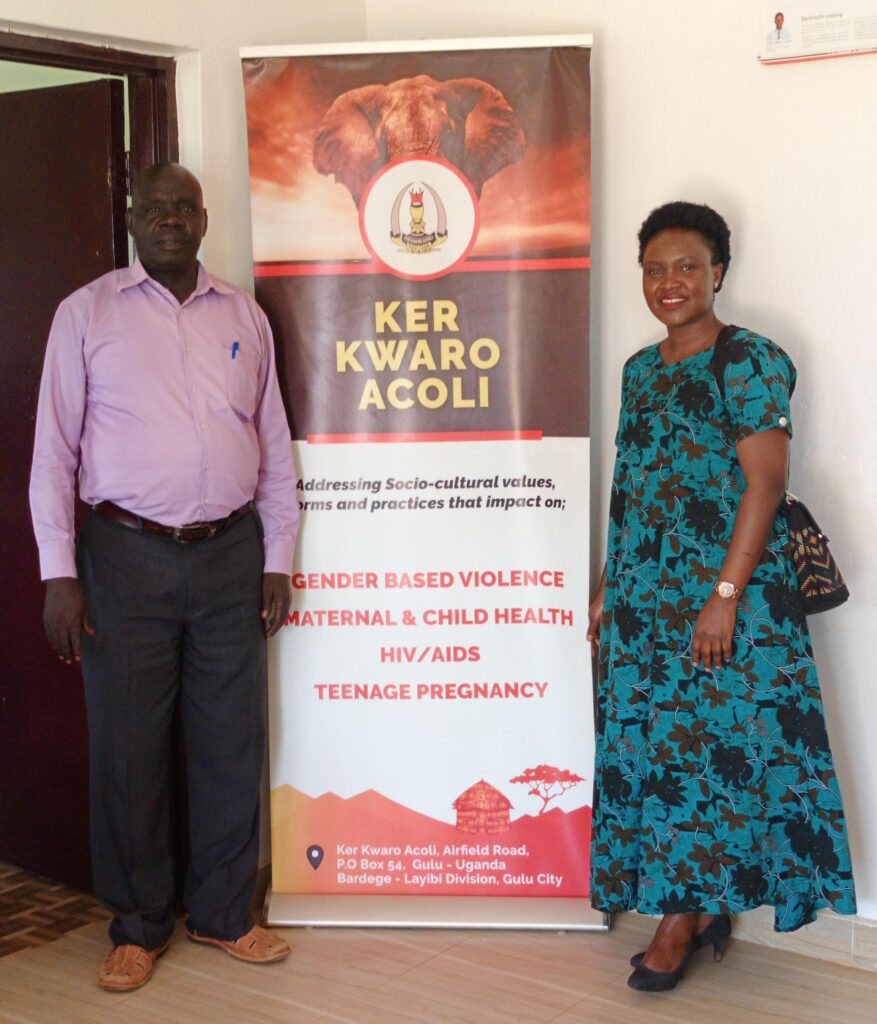
 Speak FM
Speak FM

 Speak FM
Speak FM
30 June 2025, 5:58 pm
By Joyce Adokorach
Supported by VIKES and UMWA
In Uganda and beyond, gender-based violence remains a painful constant despite the existence of legal and policy frameworks that have facilitated campaigns aimed at ending the scourge.
In Uganda specifically, one of the most common forms of violence against women is abandonment by their spouses. According to statistics from the Ministry of Gender, Labour and Social Development, this has had a profoundly negative impact on children—especially boys—shaping how they relate to women in the future. Hence, there is an urgent need to address the problem at its root by grooming boys to become key allies in the fight against gender-based violence (GBV).
Behind the statistics are real women like Sarah* (not her real name), a mother from Bardege-Layibi Division, Gulu City, in northern Uganda, left to raise her sons alone after her partner walked out without consequence.
“He just stopped coming home. He said they weren’t his children anymore,” Sarah recalls. Despite seeking help, authorities deferred action, referring her to a non-governmental organisation (NGO). However, the father refused engagement, leaving Sarah to shoulder both the emotional and financial burdens alone.
Her story is not unique. Across Uganda, many women silently endure abandonment and societal neglect, while legal protection efforts remain weak or poorly enforced.

Globally, the struggle continues. In Ireland, domestic abuse worker Brenda Aromorach from Cope Galway highlights that, although protective laws exist, ingrained stereotypes and cultural norms often undermine progress.
Back in Uganda, activist Bob Alinda stresses the need to include boys in gender conversations from an early age. “Raising boys to become responsible men is part of ending the cycle. Gender equality isn’t just about women; it’s about redefining masculinity too,” says Alinda.
Gender expert Jackie Akongo, Director at Triple Action for Development Nexus Uganda, notes that gender equality often conflicts with cultural traditions. “From the start, our cultures have placed men above women. That mentality is deeply rooted and difficult to dismantle,” she explains. She also highlights the role of religion in perpetuating gender stereotypes.

Eve Lanyero from EASSI emphasises the regional efforts to bridge the gap between policy and practice. Operating across eight East African countries, EASSI advocates for structural change and inclusive development, demonstrating that gender equality requires both vision and effective implementation.

From a cultural perspective, voices like Stella Kijange Lajiri from Ker Kwaro Acholi argue that culture must evolve. “Tradition isn’t the enemy, but it must be used to promote practices that foster and reinforce gender equality,” she says. She emphasises that involving men in the conversation and empowering boys as future allies can have a positive and significant impact on the fight against GBV.
While the various voices acknowledge that great strides have been made over the years in addressing GBV generally, they attribute the persistence of the problem to patriarchal norms, policy gaps, weak enforcement, and token representation in leadership. They note that, although more girls are in school and more women occupy boardrooms and leadership positions, true equality remains elusive for one simple reason: men and boys are not adequately involved as key allies.
They therefore conclude that ending GBV requires more than slogans. It calls for a shift in culture and leadership, as well as demanding accountability from those who hold power.